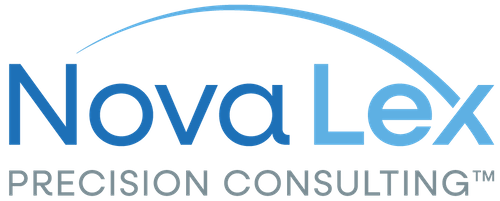Content marketing is a strategic marketing approach that focuses on creating, distributing, and promoting valuable, relevant, and consistent content to attract, engage, and retain a clearly defined audience with the ultimate goal of driving profitable customer action. The impact and effectiveness of content marketing is dependent on various factors, including the source and quality of the information used to create the content. The continuum of information sources ranges from least effective to most effective as follows:

What a company believes prospective customers want to hear: This is the least effective approach, as it is based on the company’s assumptions and internal beliefs about what the target audience wants. This method may not necessarily align with the actual needs and interests of prospective customers. Content created with this approach might fail to resonate with the target audience, leading to low engagement, limited reach, and poor conversion rates. Furthermore, content that relies solely on company beliefs can come across as self-serving or overly promotional, potentially eroding trust and credibility with the audience.
What the sales team and others who interact with customers think they want to hear: This approach is moderately effective, as it involves gathering insights from individuals who have direct contact with customers, such as the sales team, customer service representatives, or account managers. These employees may have a better understanding of customer needs, preferences, and pain points, allowing for content that is more relevant and engaging. However, this approach can still be limited by individual biases, anecdotal experiences, or a lack of comprehensive data. Additionally, relying on internal perspectives might not capture the full scope of customer interests or emerging trends in the industry.
Researched content needs and interests among prospective customers: This is the most effective approach, as it involves conducting thorough research to identify the actual needs, preferences, and interests of the target audience. This can include methods such as customer surveys, interviews, focus groups, social listening, competitor analysis, and industry research. By basing content on data-driven insights, companies can create content that is highly relevant, engaging, and valuable to the audience. This, in turn, can lead to higher engagement rates, increased brand credibility, and ultimately, better conversion rates.
In conclusion, the effectiveness of content marketing is heavily influenced by the information sources used to create the content. Companies that prioritize researching the actual needs and interests of prospective customers will ultimately produce more impactful and effective content that drives results. To maximize content marketing success and cost-efficiency, it is essential to continuously analyze, refine, and optimize content strategies based on data-driven insights and audience feedback.
